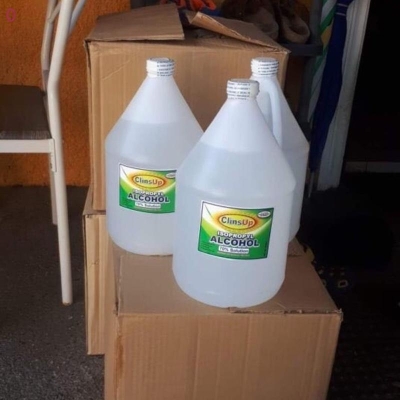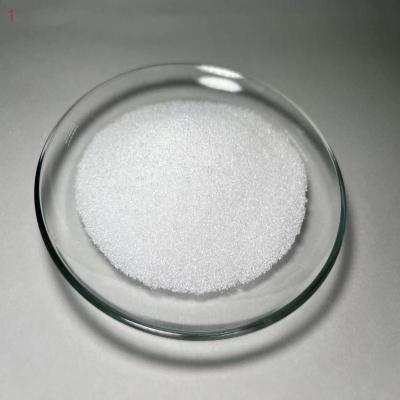-
Categories
-
Pharmaceutical Intermediates
-
Active Pharmaceutical Ingredients
-
Food Additives
- Industrial Coatings
- Agrochemicals
- Dyes and Pigments
- Surfactant
- Flavors and Fragrances
- Chemical Reagents
- Catalyst and Auxiliary
- Natural Products
- Inorganic Chemistry
-
Organic Chemistry
-
Biochemical Engineering
- Analytical Chemistry
-
Cosmetic Ingredient
- Water Treatment Chemical
-
Pharmaceutical Intermediates
Promotion
ECHEMI Mall
Wholesale
Weekly Price
Exhibition
News
-
Trade Service
While countries are setting goals to reduce their reliance on fossil fuels, many countries will remain dependent on oil and natural gas for their petrochemical production for decades to come
.
According to a recent report, the petrochemicals market will reach $1 trillion by 2030, growing at a compound annual growth rate of 6.
2% over the next eight years
.
Demand for petrochemicals in construction, textile, medical, pharmaceutical, consumer goods, automotive, electronics and other industries is expected to increase significantly
.
The petrochemical industry is the only growth area for oil demand
Ethylene, propylene and benzene are the main petrochemicals and are currently mainly used in the packaging, electronics, plastics and rubber industries
.
Since most petrochemical feedstocks are oil and natural gas, many industries have to rely heavily on fossil feedstocks
.
The Asia-Pacific region will dominate the global petrochemical market in the next decade due to strong regulatory policies supporting the petrochemical industry
.
The International Energy Agency (IEA) predicts that global crude oil demand will continue to grow until 2025, and then decline at an annual rate of 1% from 2026 to 2050
.
The IEA believes that the use of oil as a feedstock for petrochemicals is the only area where demand will grow, with the petrochemical market accounting for 55% of global oil demand by 2050
.
As many countries strive to reduce greenhouse gas emissions, the petrochemical industry is expected to undergo a much larger decarbonization effort, requiring $759 billion to achieve decarbonization goals through electrification, carbon capture and storage (CCS) technologies, and other key innovations
.
Low carbon petrochemicals could see 'green premium'
Bloomberg New Energy Finance released a report in May titled "Petrochemical Decarbonization: A Net-Zero Pathway," explaining that a low-carbon route to petrochemicals would be more expensive to produce than current ones, with a possible "green premium"
.
"Net-zero commitments by governments and companies are driving the petrochemical industry's efforts to cut carbon emissions by 2050, and while the petrochemical industry's decarbonization path is more complex than other industries, it is closely related to heavy emissions such as steel and cement," said Savutti, lead author of the report.
Net-zero emissions targets for petrochemical companies cover more of the global manufacturing sector than the industry.
”
Savutti believes that substantial investment in carbon-reduction technologies now will help oil and gas companies maintain their clout beyond 2035
.
As large-scale renewable energy becomes cheaper and alternatives to petrochemicals will be introduced to the market, establishing a low-carbon operating model over the next decade could help fossil fuel companies remain competitive
.
CCS is the most efficient way to achieve net zero emissions
Most of the major oil and gas companies have begun to apply CCS technology to their operations in an attempt to prolong their survival in a world that is moving away from fossil fuels and trying to decarbonize
.
While high expectations are placed on renewable energy, growing global fuel demand means continued reliance on fossil fuels until the renewable energy industry develops to meet these demands
.
Meanwhile, the Intergovernmental Panel on Climate Change is studying how to better reduce the carbon content of the energy sector
.
The agency modeled hundreds of potential scenarios to meet the 2015 Paris Agreement goals, which aim to achieve net-zero emissions by 2050, and found that using CCS technology was the most effective approach
.
While the cost of decarbonizing the petrochemical industry sounds high, it actually accounts for only about 1% of the $172 trillion needed to decarbonize the global energy industry
.
The Decarbonisation of Petrochemicals: A Net-Zero Pathway report also suggests that the petrochemical industry needs to invest in alternative energy sources such as biomass and green hydrogen in the future
.
The petrochemical industry is expected to continue to grow over the next 20 years as the global demand for petrochemicals continues to increase
.
This will be the main driver of oil and gas demand over the next 30 years
.
As governments put pressure on oil companies to reduce carbon emissions in their operations, significant investment will be required to bring CCS and other technologies into projects to ensure the petrochemical industry can still play a role in a low-carbon world
.
From: China Petrochemical News







